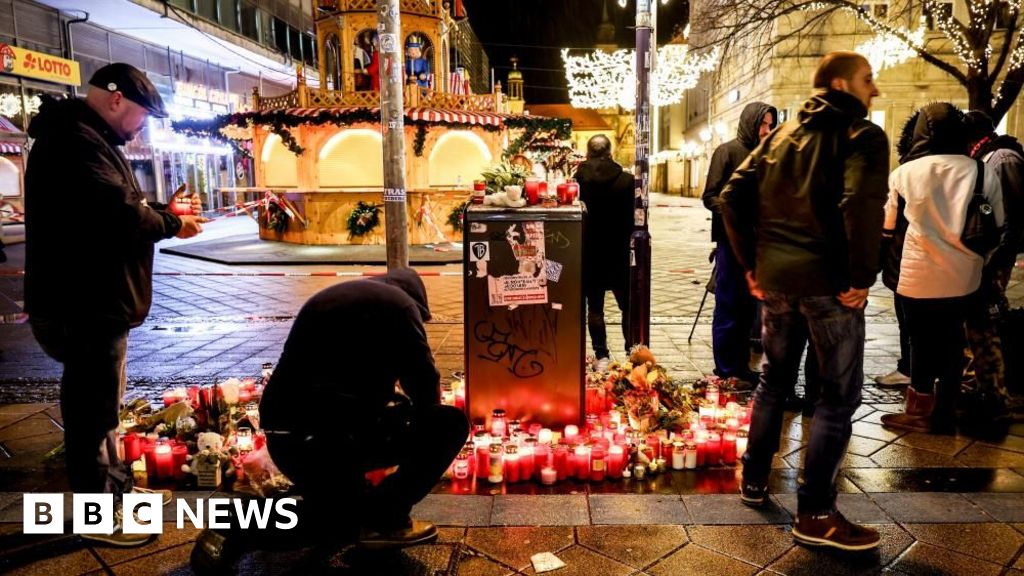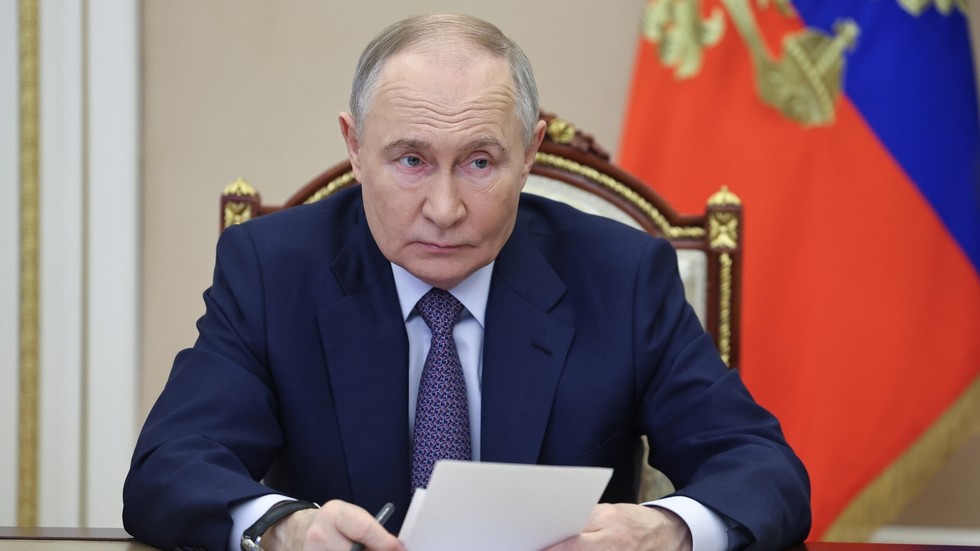The idea that US President Joe Biden’s pausing heavy weapons shipments to Israel signalled some unhappiness with Tel Aviv would seem to be in question as two United States officials confirm that its latest weapons aid package, worth approximately $1bn, has been moved to the congressional review process.
Biden had last week ordered the pause of a shipment, including 1,800 US-made 2,000-pound (907kg) bombs, over concerns that they would be deployed by Israel during a land invasion of the southern Gaza city of Rafah.
The 2,000-pound bombs are among the heaviest in the US arsenal, with a blast radius of 365 metres (1,200ft), generating razor-sharp shrapnel capable of reducing the human body and unarmoured vehicles to shreds.
A further weapons shipment, including dozens of Boeing F-15 fighter jets, is also on hold as Gregory Meeks, the senior Democrat on the House of Representatives Foreign Affairs Committee awaits further information on Israel’s planned use for the jets.
Nevertheless, the approved shipment, which includes tank rounds, mortars and armoured tactical vehicles, appears to reinforce comments by US National Security Advisor Jake Sullivan on Monday, suggesting that US concern over the 2,000-pound bombs was more about their potential for significant fatalities rather than any concerns over Israel’s intent to launch a land assault on Rafah.
Rafah
As Israel’s assault on Gaza entered its eighth month, Rafah was the last Gaza city that had not yet been attacked by land.
It was a refuge for some 1.5 million civilians – about half of them children – according to UNICEF, who had fled the destruction of other cities, like Gaza City and Khan Younis, that were levelled by Israeli forces.
Aid organisations set up their bases in Rafah, which was considered the safest zone in Gaza, despite being under regular Israeli attack from the air.
However, since Israel intensified its attacks on Rafah earlier this month – claiming it was a stronghold for Hamas’s remaining battalions – thousands of Palestinians fled eastern Rafah to an under-equipped “humanitarian zone” in al-Mawasi announced by the Israeli army.
Israel’s attack on Rafah has been heavily criticised by some of its allies. However, the US pause on a single shipment of deadly ordnance has so far been the only practical expression of international disquiet.
A US report into Israeli violations of international law during the war found it was “reasonable to assess” that US weapons had been involved in these breaches, given Israel’s extreme reliance on US-manufactured weapons.
A report from the Stockholm International Peace Research Institute concluded that, over the nine years leading up to 2022, 68 percent of Israel’s weapons were provided by the US.
 US-made 2,000-pound bombs being moved onto an aircraft elevator on board the USS John F Kennedy, on March 2, 2002. [Jim Hampshire/US Navy photo/Handout HK/Reuters]
US-made 2,000-pound bombs being moved onto an aircraft elevator on board the USS John F Kennedy, on March 2, 2002. [Jim Hampshire/US Navy photo/Handout HK/Reuters]The rest was provided by Germany and an array of Western allies.
Contacted by Al Jazeera, the German Federal Ministry for Economic Affairs and Climate Action, which is responsible for weapons exports, said that it would continue to review export licences on a case-by-case basis.
The US State Department has so far declined to comment.
Blurred lines
While Biden has declared the full invasion of Rafah as a diplomatic “red line”, some believe that it is designed to be one that he will not have to enforce.
In an interview with Israeli media on Sunday, US Ambassador to Israel Jack Lew stressed that Israel’s assault on Rafah had yet to cross “over into the area where our disagreements lie”.
“I’m hoping we don’t end up with real disagreements,” he said of the gradual assault on the city so far.
Thus far, Israel is attacking sections of the city, issuing evacuation orders to specific neighbourhoods before entering them.
“So far, Israel seems intent on carrying out a campaign on Rafah in the same, rather brutal, way it did in Khan Younis and Gaza City,” H A Hellyer, an authority on Middle East security at the Carnegie Endowment for International Peace and the Royal United Services Institute, said.
“There’s nothing to say that Israel won’t just proceed with smaller munitions, anyway, and the [Israeli military] has been attacking Rafah before and after Biden’s speech,” Hellyer said.
“To avoid embarrassing Joe Biden and his ‘red line’, however, the Israelis seem to be doing things more slowly, and with less reliance on massive weaponry, but the outcome is the same.”
Israeli Prime Minister Benjamin Netanyahu may also have concerns closer to home as he tries to navigate between warnings from international allies and the urging of far-right members of his cabinet, who are pressing for an assault on Rafah, irrespective of ceasefire talks elsewhere.
“My sense is that Netanyahu attaches far more importance to his government collapsing due to the far-right he’s included in his cabinet, than he does to losing Joe Biden’s support, which I still don’t see happening,” Hellyer said.
Stockpiles
Israel’s bombardment of Gaza – and its killing of more than 35,000 Palestinians – has been underpinned by its US weapons supply.
A 10-year agreement, signed in 2016, allows for the export of military aid worth $3.3bn a year from 2018, plus a further $500m a year for air defence systems.
Congress approved a further $26bn in aid to Israel last month, including $5bn to bolster air defences, as well as the “bundled” weapons shipments which fall beneath the threshold needed for congressional oversight.
 Palestinians wait for food aid in Rafah on November 8, 2023. Famine is imminent in northern Gaza, with hundreds of thousands struggling to avoid starvation [Hatem Ali/AP Photo]
Palestinians wait for food aid in Rafah on November 8, 2023. Famine is imminent in northern Gaza, with hundreds of thousands struggling to avoid starvation [Hatem Ali/AP Photo]It all means that while Israel’s actions have now been openly linked to the suspension of some weapons shipments, the overall partnership remains strong.
According to Senator Jim Risch, one of the senior Republicans sitting on the Senate Foreign Relations Committee, millions in military aid has been earmarked for Israel, including joint direct attack munitions (JDAMS), used to convert “dumb” bombs into precision weapons.
Tank rounds, mortars and armoured tactical vehicles are all ready and awaiting approval before shipment.
“[T]his delay is likely to be more of a political signal to Israel to avoid the use of high-payload munitions that have driven devastating civilian harm in Gaza, rather than a move to impact the immediate operational situation in Gaza,” Ari Tolany, the director of the Security Assistance Monitor at the US-based Center for International Policy said.
“We don’t have a good sense of what Israel has remaining in its stockpile publicly available.”
Despite the pause in the shipment of heavy weapons, an attack on Rafah is still likely and would inflict further horror on its traumatised population, many of whom have already been displaced several times, losing homes and family members, before seeking some respite in the city.
“They have more than enough of these weapons stockpiled to invade Rafah,” human rights lawyer and University of Illinois Professor Francis Boyle said.
“They have already invaded Rafah at the Philadelphi Corridor [a demilitarised zone between Egypt and Rafah]. Biden is basically disclaiming responsibility for what is shaping up to be a massacre along the lines of [the 1995 massacre of Bosniaks in] Srebrenica.”

 7 months ago
57
7 months ago
57









